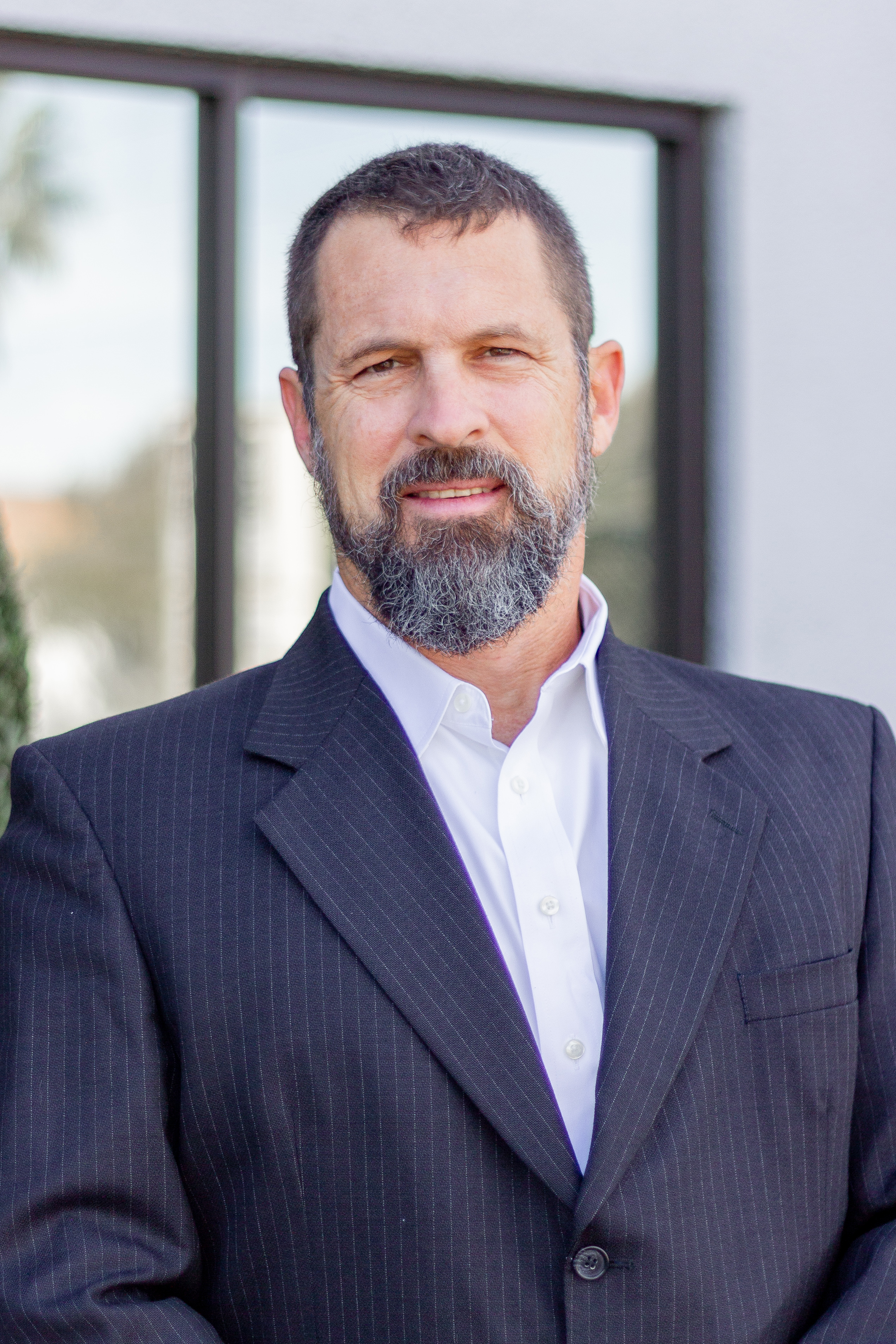Starting July 1, 2025, landlords and tenants in Florida will be allowed to send and receive legally binding rental notices by email—but only if they follow specific legal requirements.
Florida’s new law, HB 615, outlines clear conditions for how email notices must be agreed to and documented. For busy landlords, property managers, and tenants, this new option could be a huge time-saver—but only if it’s done correctly.
This is an excellent example of modernizing property management without sacrificing tenant protections. But like anything that affects legal rights, landlords need to follow the rules carefully or risk making their notice invalid.
What Is HB 615?
House Bill 615, now part of Florida law as Chapter 2025-16, allows landlords and tenants to opt into convenient email delivery of legally required notices, including:
Lease non-renewals
Repair or extermination notices
Security deposit claims
Changes to landlord contact information
To use email legally, both parties must sign a specific lease addendum agreeing to this form of communication.
This does not replace traditional delivery methods, such as certified mail or door-to-door posting—it simply adds email as an option when everyone agrees and follows the correct process.
How to Use Tenant Email Notices Legally
Under Florida Statute §83.505, here’s what must happen for an email notice to be considered valid:
A written lease addendum must be signed by both the landlord and the tenant
Both parties must list valid email addresses.
The addendum must state that the email notice is voluntary and may be revoked.
Either party can revoke consent or update their email at any time in writing.
The sender must keep proof of the message and delivery (such as a timestamp or confirmation)
Emails are considered delivered the moment they are sent, unless they bounce.
Florida HB 615 Vote History: How it Passed
HB 615 received broad bipartisan support:
Florida House of Representatives
108 Yeas, 0 Nays, 11 Not Voting
Florida Senate
35 Yeas, 1 Nay, 2 Not Voting
Governor Ron DeSantis signed the bill into law on April 29, 2025, and it goes into effect on July 1, 2025.
How HB 615 Helps Florida Landlords
For landlords and property managers, especially those handling multiple properties or using digital tools like AppFolio or Buildium, this law could:
Save time by avoiding USPS delays
Reduce mailing costs—no more certified letters for basic notices
Streamline communications for things like non-renewals, repairs, and deposit claims
With the proper addendum in place, sending a 60-day lease non-renewal email becomes fast, legally valid, and trackable.
Real-Life Use Cases of HB 615
1. Lease End Notices
Email a 60-day non-renewal notice instead of mailing it—no more lost time or uncertainty.
2. Pest Control Access
If you need a tenant to vacate for fumigation or pest treatment, you can email the 7-day notice under §83.51 (if they’ve opted in).
3. Security Deposit Claims
Send the required 30-day notice for withholding security deposits via email and retain proof of delivery.
Three-Day Notices
Under the new law, tenants must sign a written addendum agreeing to electronic delivery before any notices can be sent by email. This includes all types of legal notices—from rent increases to lease non-renewals.
However, 3-day notices to pay or vacate (under §83.56) deserve special attention:
Historically, these notices have required physical delivery (hand-delivered, posted, or mailed) and were not valid via email alone.
Even after July 1, 2025, when Florida law begins allowing email delivery (with tenant consent), these notices will likely remain highly scrutinized.Service of process—such as formal eviction summonses and court filings—must still be delivered in person by a process server or sheriff. These cannot be emailed under any circumstances.
Because of this, we recommend backing up email delivery with physical posting to protect against disputes.
Bottom line: All notices need tenant opt-in for email delivery—but due to the legal importance of 3-day notices, it’s best practice to use both email and physical service for them, even after the law change.
Support for the Law
HB 615 received strong support from:
The Florida Apartment Association
The National Association of Residential Property Managers (NARPM)
Large and small property management companies across Florida
Supporters say it brings much-needed modernization to rental communication.
“It’s a triple-win,” Sigler added. “Tenants get faster communication, landlords save time and money, and the process becomes more transparent for everyone.”
Criticisms and Concerns of HB 615
Though only one senator voted against it, some tenant advocacy groups raised concerns:
Emails may be missed due to spam filters or outdated email addresses
Tenants could mistakenly believe they’ve revoked consent when they haven’t sent a proper written notice.
Some landlords may pressure tenants into opting in (even though that’s not allowed)
To protect tenants, HB 615 explicitly clarifies that opting into email notices is voluntary and cannot be a condition of renting a property.
HB 615 Best Practices for Landlords
If you’re a Florida landlord or property manager, follow these best practices to stay compliant:
Use the official lease addendum language provided in the statute
Do not create your own version or skip documentation.
Train your staff and leasing agents on the proper procedures.
Store emails and proof of delivery (timestamped) in your system
For notices that require posting or mailing, use both methods.
Clearly explain the opt-in and opt-out process to the tenants
How We’re Helping Landlords Navigate This Change
At Vintage Real Estate Services, we manage a wide range of residential rental properties throughout the Tampa Bay area. We're already updating lease forms, workflows, and training procedures to ensure our clients are fully compliant by the time HB 615 takes effect.
If you’re a landlord who prefers not to stress about evolving compliance rules, we can handle it for you. Whether you own one property or an entire portfolio, we’ll make sure your notices are valid, your tenants are informed, and your rental operations run smoothly.
Contact us today to learn more about how we simplify property management for Florida landlords.

